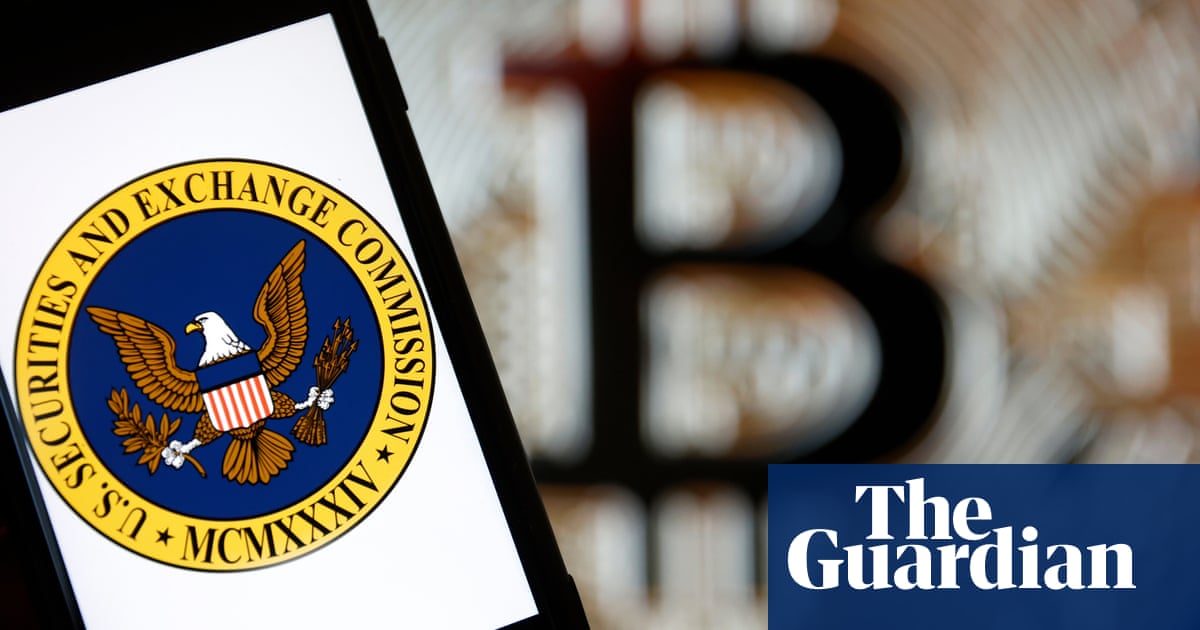
The FBI is reportedly looking into a hacker's brief takeover of the Securities and Exchange Commission (SEC) account on social media platform X. During Tuesday's breach, hackers used the SEC account to erroneously say that the agency had given long-awaited approval for a bitcoin exchange-traded fund (ETF). The decision approve ETFs is major win huge fund managers like BlackRock Fidelity Investments Invesco who will manage funds and pushed hard get SEC approve them. Some products expected begin trade Thursday kicking off fierce competition market share.
